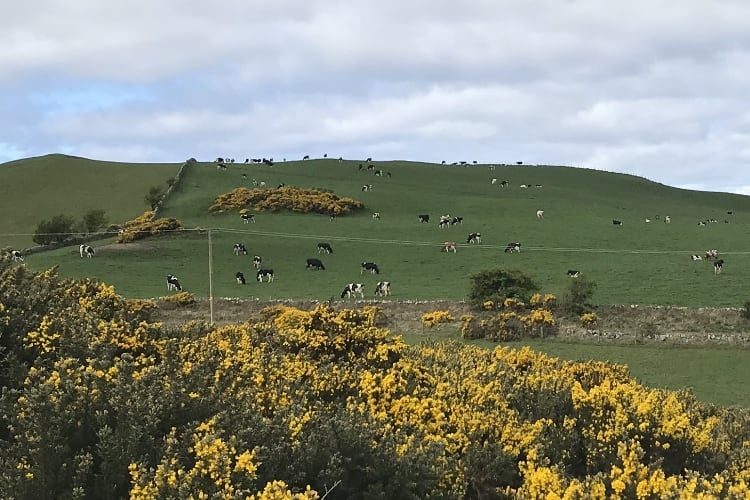The GHG emission reduction was realized in the period from 2015 to 2020.
This reduction came from FrieslandCampina’s dairy farmers implementing sustainable farming practices and green energy projects. This is applied for dairy ingredients specifically provided to Danone. FrieslandCampina used the Annual Nutrient Cycling Assessment to track progress resulting from the sustainable farming practices. This monitoring tool is used by almost 10,000 FrieslandCampina member dairy farms and gives farm specific insights, such as the size of their carbon footprint.
FrieslandCampina and Danone are both running sustainability programs to reduce their environmental impact. Both companies have committed to reaching net zero as one of their climate goals, as well as improving soil health and biodiversity. One of the ways to achieve these goals is through regenerative agriculture practices.
Simone Boitelle, director of global corporate affairs at FrieslandCampina, said, “For over 150 years already, FrieslandCampina believes in cooperation to achieve great results. And this collaboration is yet another great example. Supporting farmers to produce milk in balance with nature, is the key to a more sustainable, climate neutral and nature positive future. I am very proud of our member farmers who make this possible, they deserve the stage for these strong results!”
Yann-Gaël Rio, Danone’s global vice-president for nature and agriculture, said, “Sustainable dairy farming is a key priority in Danone’s journey to achieving net zero emissions. This partnership demonstrates that by combining our expertise, we can accelerate the adoption of regenerative agriculture practices to help reduce the climate impact of dairy farming. While this is a great step, there is more to be done, and we are looking forward to supporting more farmers in their transition by extending this partnership for an additional three years.”
Some examples of the measures taken by farmers include: harvesting more protein from their own farmland, further reducing the impact from sourcing feed from far away; optimizing the cow’s diet composition by keeping a well-balanced nutritious diet that supports animal health and welfare, while reducing enteric methane emissions; and through energy, generating green electricity through use of solar panels, windmills and manure digesters; avoiding fossil fuels through bio-based diesel and/or reducing energy use (for example by recovering heat from milk cooling). In addition, the manure digesters not only generate renewable electricity but also help reduce methane emissions through manure storage. The green energy of the members is also used for FrieslandCampina’s production locations.
Danone and FrieslandCampina said they are going to extend the collaboration for an additional three years. The two companies will continue their efforts together with the goal of reducing GHG emissions resulting from the production of ingredients sourced from FrieslandCampina by more than 7%. The companies said this would result in almost 25% GHG emission reduction over the course of the multi-year collaboration.

